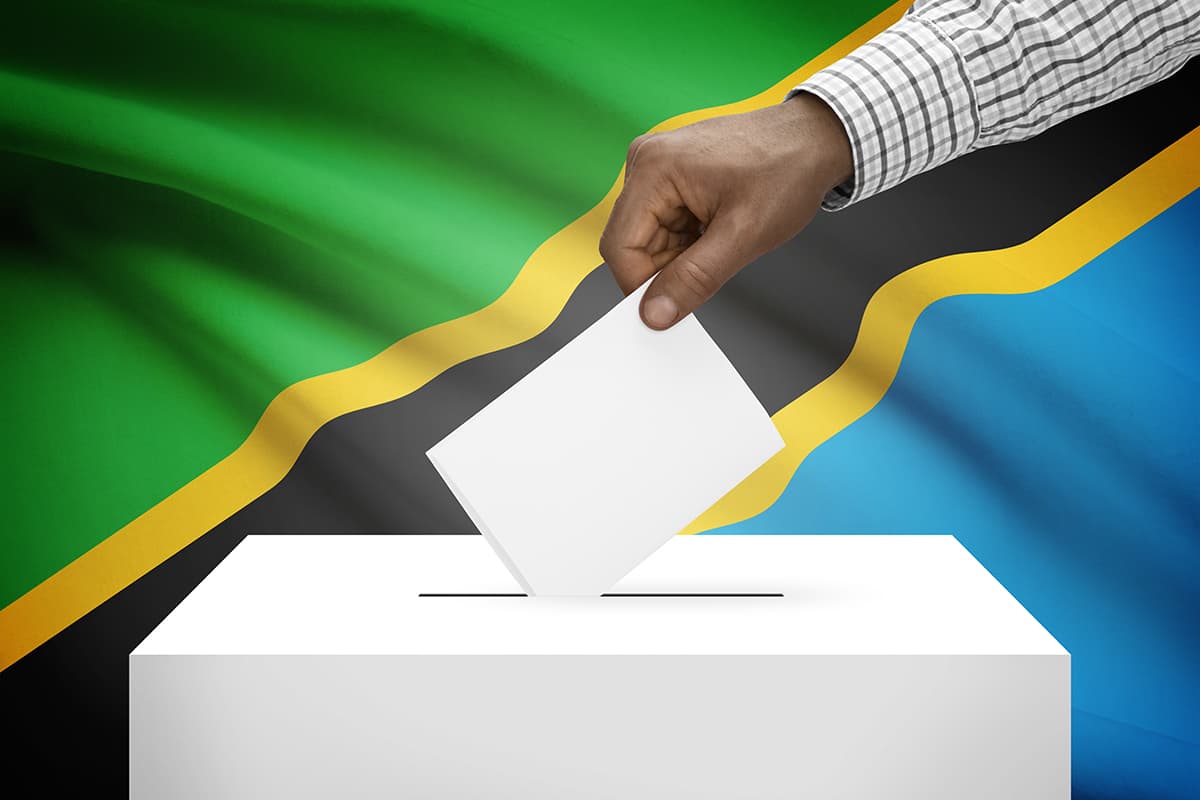Tanzania’s Election Season Opens Amid Opposition Arrests and Rising Authoritarianism

Tanzania has entered a charged election season after the National Electoral Commission (NEC) officially kicked off campaigns for the 2025 general elections. The atmosphere is already tense, with growing criticism that President Samia Suluhu Hassan’s government is tightening its control and suppressing opposition voices ahead of the vote.
President Samia, who succeeded the late John Magufuli in 2021, is seeking to extend her rule under the Chama Cha Mapinduzi (CCM) party. Once hailed for reversing Magufuli’s repressive policies and promoting reconciliation, Samia is now facing mounting accusations of authoritarianism. Opposition leaders and human rights organizations say her administration has increasingly resorted to intimidation, arrests and restrictions on political gatherings.
Over the past few months, several key opposition figures including CHADEMA chairperson Freeman Mbowe and veteran politician Tundu Lissu have faced arrests, harassment and bans on rallies. Lissu, who survived an assassination attempt in 2017 and spent years in exile, returned to Tanzania to lead CHADEMA’s campaign for democratic reforms. However, his rallies have repeatedly been disrupted by police, and he has been detained several times on allegations of “inciting public disorder,” and is still in prison. “President Samia is following in Magufuli’s footsteps,” Lissu said during a recent interview. “She promised dialogue and reform, but what we see now is intimidation, arrests and fear. Tanzanians must rise to defend their right to choose freely.”
Human rights organizations, including Amnesty International and Human Rights Watch, have condemned the arrests of opposition leaders and called for an end to politically motivated prosecutions. They have warned that the continued suppression of dissent could undermine the credibility of the 2025 elections. The government, however, has denied accusations of authoritarianism. President Samia has insisted that her administration is committed to democracy, arguing that law enforcement actions are aimed at maintaining peace and preventing “incitement” during the volatile campaign period.
Analysts say the upcoming election will be a litmus test for Tanzania’s democracy. With an increasingly assertive opposition, a restless youth population and growing discontent over economic inequality, the vote could either mark a democratic turning point or further entrench one party dominance under CCM.
